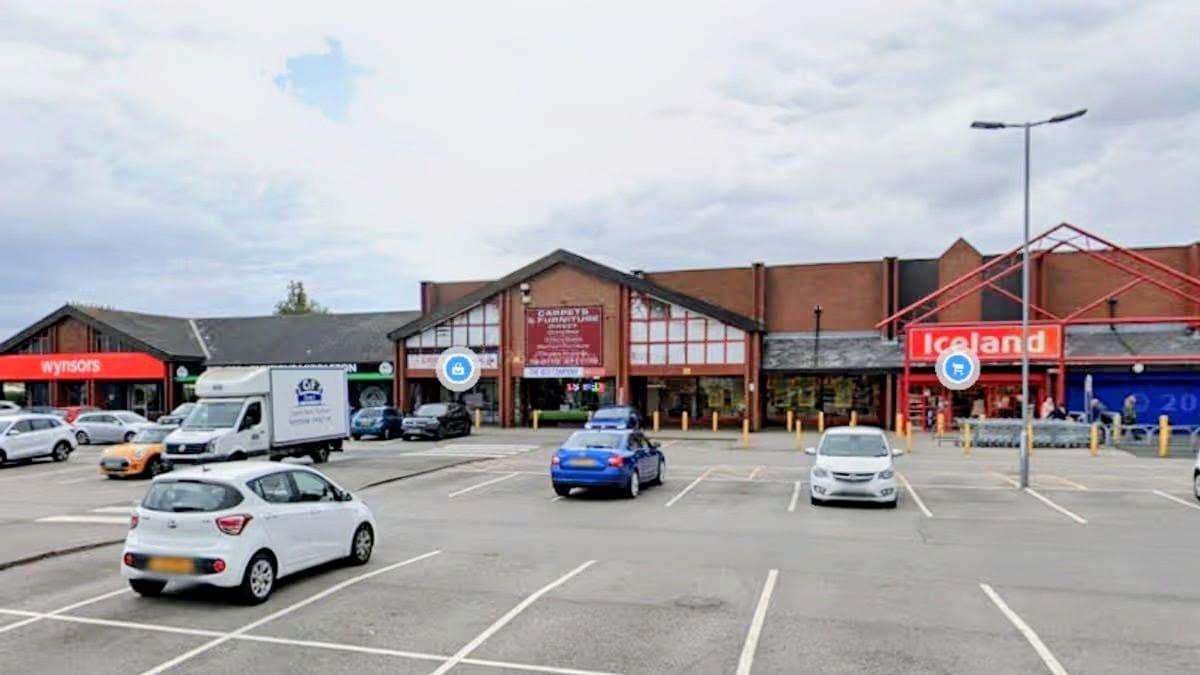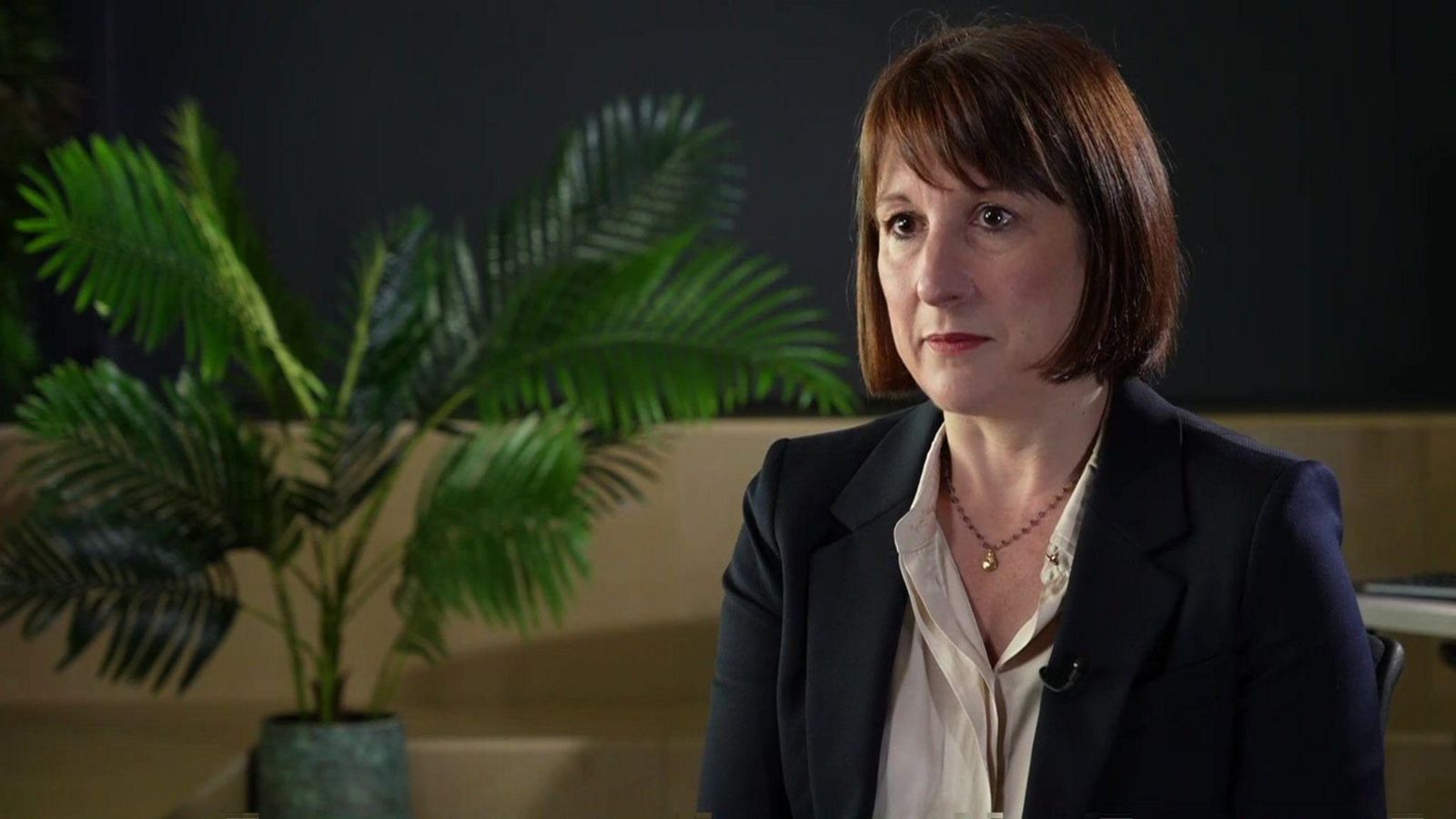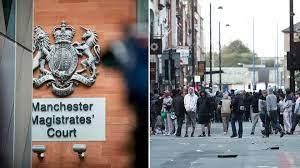According to Chancellor Rachel Reeves, the Budget for next month will include "difficult decisions" on welfare, spending, and taxes.
The new chancellor has faced mounting criticism after cutting Winter Fuel Payments for all but the poorest pensioners.
But she said it was the "right decision" and there were further tough decisions to come.
Her warning comes as new figures show the UK economy failed to grow in July, after flatlining in June.
The July figure is a knock-back for the new government, which has named boosting the economy as one of its key priorities.
Speaking to the BBC, Reeves tried to paint a positive picture for future growth, but warned of the need for further belt-tightening this autumn.
“I’ve been really clear that the Budget on 30 October will require difficult decisions on tax, on spending, and on welfare," she said.
"But the prize - if we can bring stability back to our economy, if we can bring investment back to Britain - is economic growth, good jobs, paying decent wages in all parts of our country, to realise the huge potential that we have.”
The Chancellor said she faced a £22bn "black hole" in the public finances this year, although about £9bn of that reflects her decision to award and fund above-inflation public sector pay deals.
Speculation is building over which taxes she might raise in the Budget or whether she might tweak the debt targets she has pledged to stick to.
These are known as the fiscal rules and are self-imposed by government to manage its borrowing within a five-year time-frame. Changing these rules would give Reeves more flexibility over tax and spending plans. She has so far refused to rule out altering them.
The Chancellor also referred to Amazon's announcement on Wednesday of plans to spend £8bn building data centres in the UK.
She said this would "help rebuild Britain and make every part of the country better off".
The lack of growth in July also means the Treasury has missed out on the boost to tax revenues that would have come with a stronger economic performance.
Analysts had forecast growth of 0.2% for the month of July.
A summer of sport, including the Euros and the Olympics, helped boost the services sector, but production and construction output both fell.
Despite the lack of growth in July, Liz McKeown, director of economic statistics at the Office for National Statistics (ONS) said "longer term strength in the services sector meant there was growth over the last three months as a whole".
Services growth was led by computer programmers and the health sector, which recovered from strike action in June. But there was a drop in output for advertising, architects and engineers, Ms McKeown added.
It was a "particularly poor" month for car and machinery firms, she added.
The ONS monitors GDP - or gross domestic product - on a monthly basis, but more attention is paid to the trend over three months.
Monthly figures are an early estimate and are often revised slightly after more data comes in.
At the end of last year the UK fell into a shallow recession, with the economy failing to grow for two three-month periods in a row. But the first half of 2024 saw a return to growth.
"The economy stagnated in July... but that doesn’t mean the UK is on the cusp of another recession," said Ruth Gregory at Capital Economics.
"And we can take some comfort from the fact that services output rose by 0.1% month on month."
The ONS said retailers and hospitality venues noted an uptick in business in July as the England men's football team progressed through the European championships.
Gillian Fletcher, general manager for Spinningfields, which runs food and drink venues in Manchester, said they had screened the Euros, Wimbledon and the Olympics over the summer and had found people were "in the market" for that kind of experience.
“It's not that people don't want to spend money or they don't want to go out. It's just the economic landscape has changed," she said.
"We've had a really, really great year and summer... and that's proof that if you've got the right recipe, people will come.”
However, some restaurants told the ONS the football tournament had had a negative impact on footfall.
Despite some travel agents seeing an increase in bookings because of the Paris Olympics, overall bookings fell month on month, the ONS said.
SOURCE: BBC NEWS








.svg)



